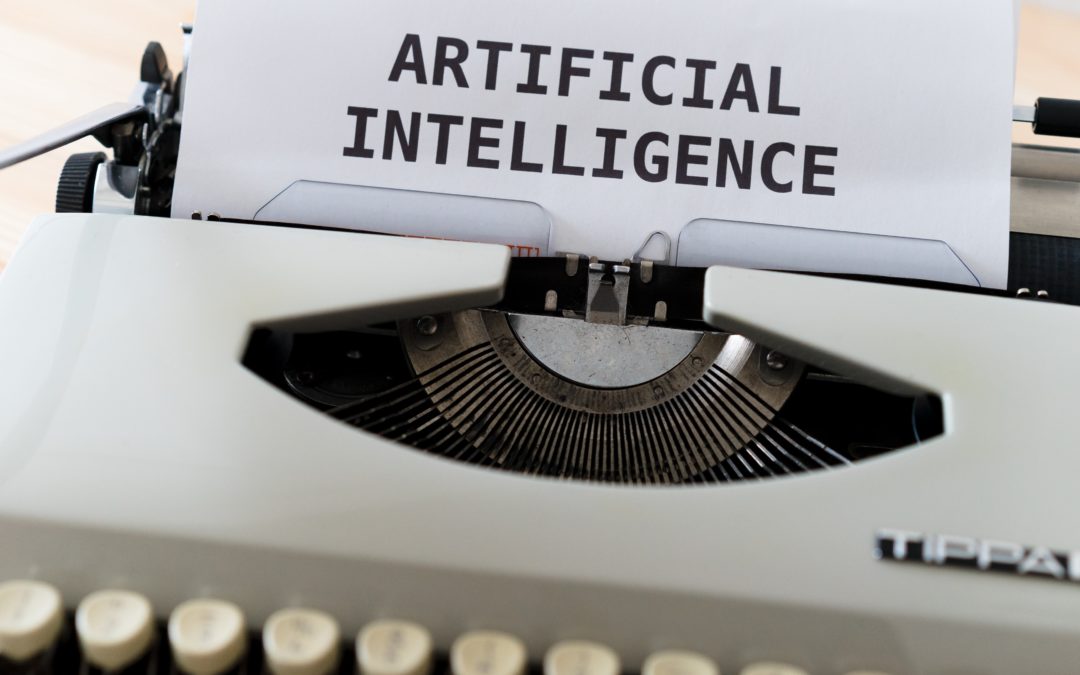
The Success of Conversational AI and the AI Evaluation Challenge it Reveals
By Ian Beaver
Research interest in Conversational AI has experienced a massive growth over the last few years and several recent advancements have enabled systems to produce rich and varied turns in conversations similar to humans. However, this apparent creativity is also creating a real challenge in the objective evaluation of such systems as authors are becoming reliant on crowd worker opinions as the primary measurement of success and, so far, few papers are reporting all that is necessary for others to compare against in their own crowd experiments. This challenge is not unique to ConvAI, but demonstrates as AI systems mature in more “human” tasks that involve creativity and variation, evaluation strategies need to mature with them.

Looking Back, Looking Ahead: Humans, Ethics, and AI
By Ashok Goel
Concerns about ethics of AI are older than AI itself. The phrase “artificial intelligence” was first used by McCarthy and colleagues in 1955 (McCarthy et al. 1955). However, in 1920 Capek already had published his science fiction play in which robots suffering abuse rebelled against human tyranny (Capek 1920), and by 1942, Asimov had proposed his famous three “laws of robotics” about robots not harming humans, not harming other robots, and not harming themselves (Asimov 1942). During much of the last century, when AI was mostly confined to research laboratories, concerns about ethics of AI were mostly limited to futurist writers of fiction and fantasy. In this century, as AI has begun to penetrate almost all aspects of life, worries about AI ethics have started permeating mainstream media. In this column, I briefly examine three broad classes of ethical concerns about AI, and then highlight another concern that has not yet received as much attention.

Looking Back, Looking Ahead: Symbolic versus Connectionist AI
By Ashok Goel; School of Interactive Computing, Georgia Institute of Technology
Like much of the AI community, I have watched the ongoing discussion between symbolic AI and connectionist AI with fascination. While symbolic AI posits the use of knowledge in reasoning and learning as critical to producing intelligent behavior, connectionist AI postulates that learning of associations from data (with little or no prior knowledge) is crucial for understanding behavior. The recent debate between the two AI paradigms has been prompted by advances in connectionist AI since the turn of the century that have significant applications.

The Role of Open-Source Software in Artificial Intelligence
By Jim Spohrer
With this publication, we launch a new column for AI Magazine on the role of open-source software in artificial intelligence. As the column editor, I would like to extend my welcome and invite AI Magazine readers to send short articles for future columns, which may appear in the traditional print version of AI Magazine, or on the AI Magazine interactive site currently under development. This introductory column serves to highlight my interests in open-source software and to propose a few topics for future columns.

The Case Against Registered Reports
By Odd Erik Gundersen, Norwegian University of Science and Technology
Registered reports have been proposed as a way to move from eye-catching and surprising results and toward methodologically sound practices and interesting research questions. However, none of the top-twenty artificial intelligence journals support registered reports, and no traces of registered reports can be found in the field of artificial intelligence. Is this because they do not provide value for the type of research that is conducted in the field of artificial intelligence?